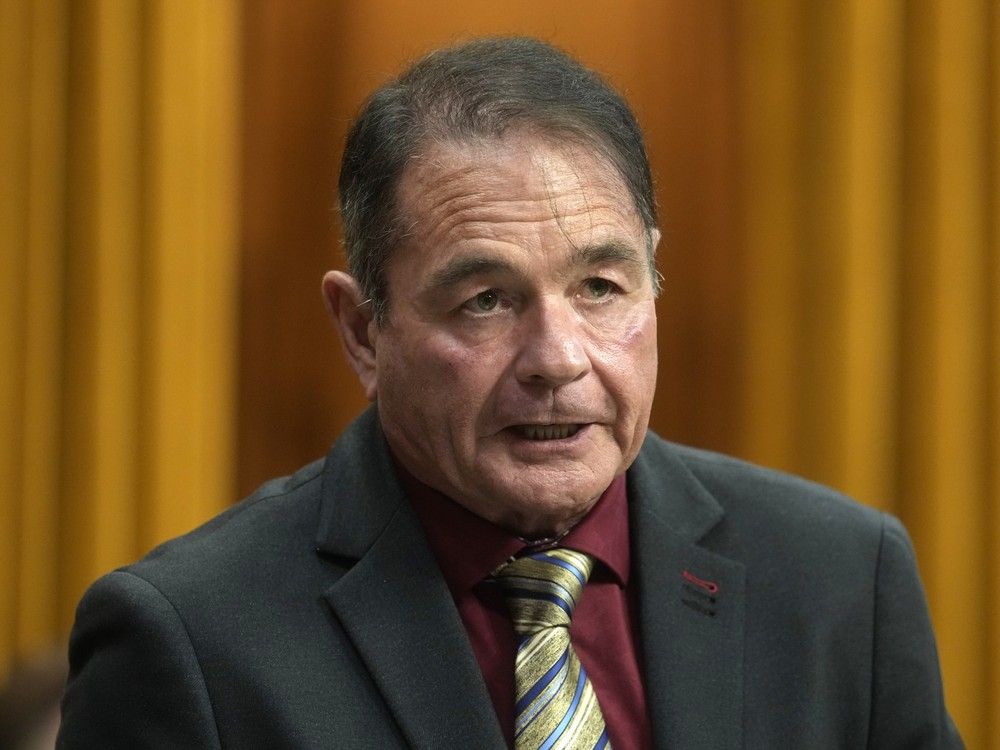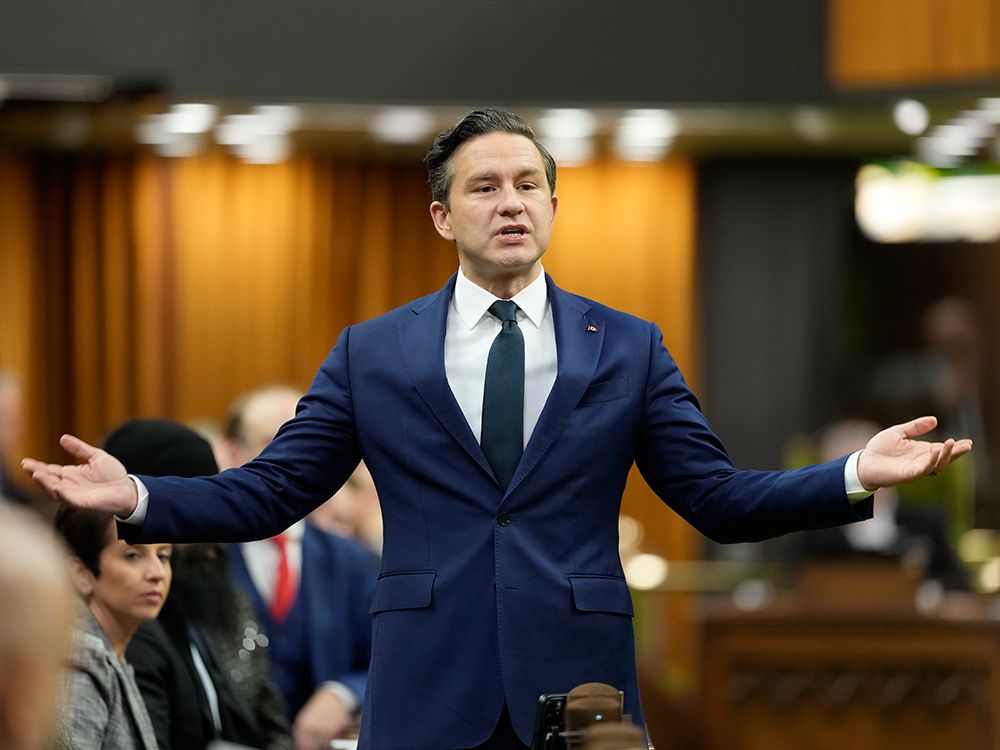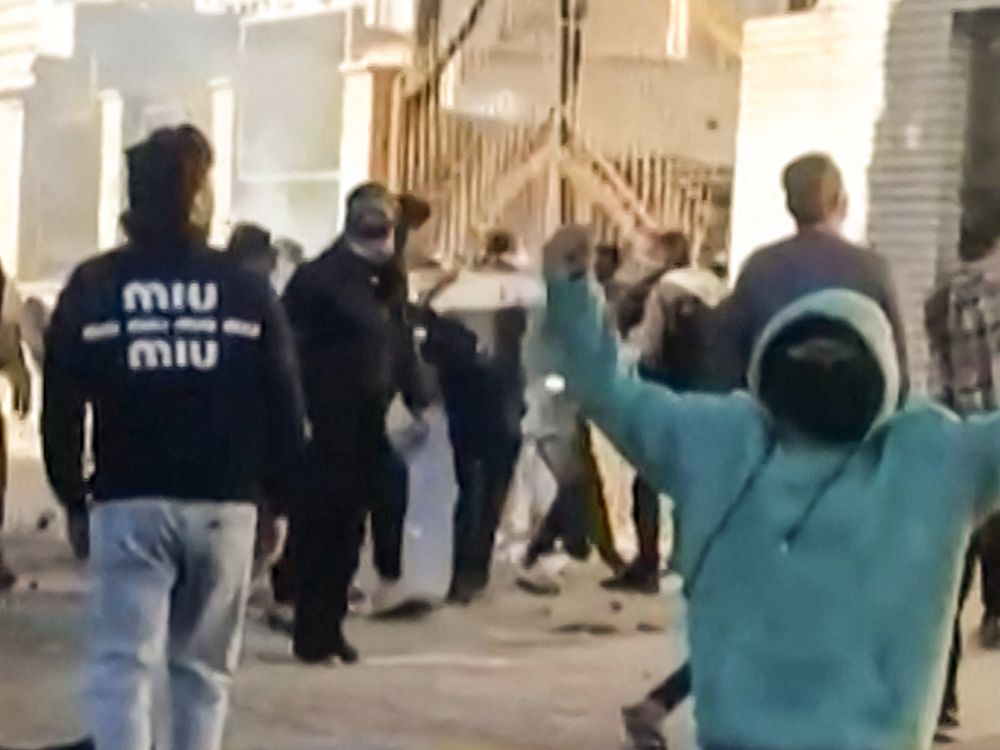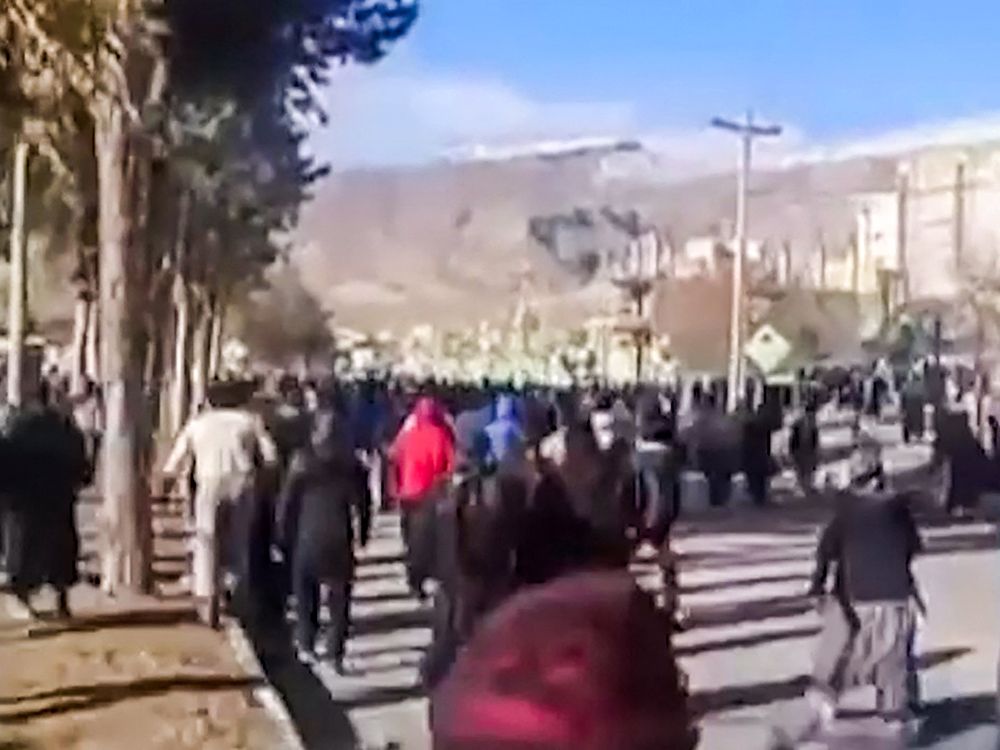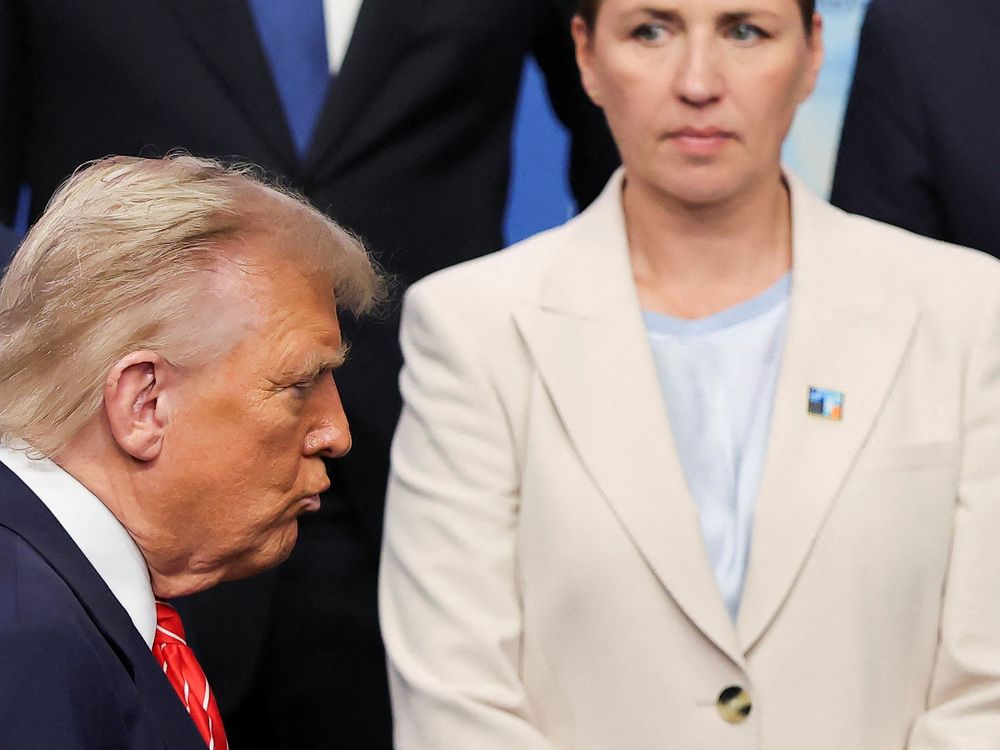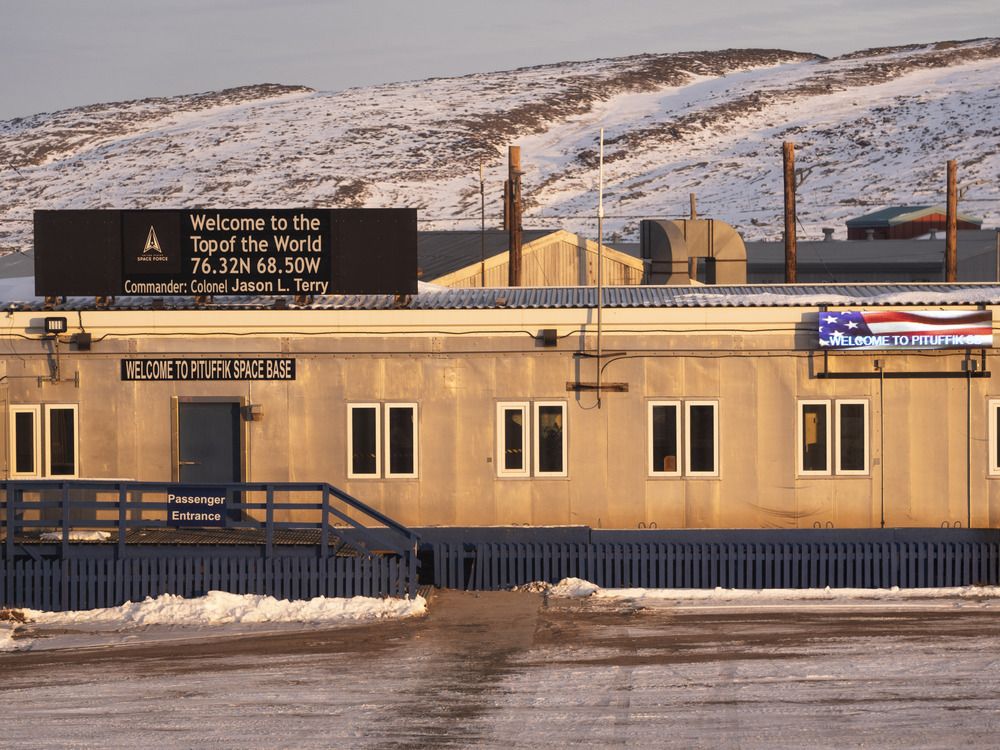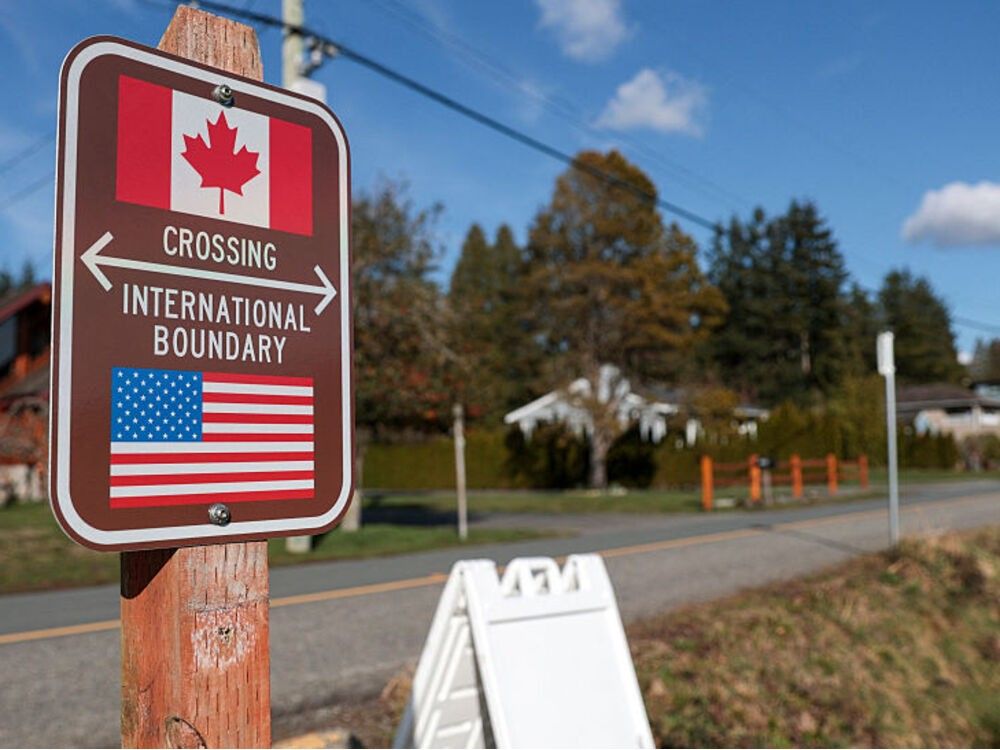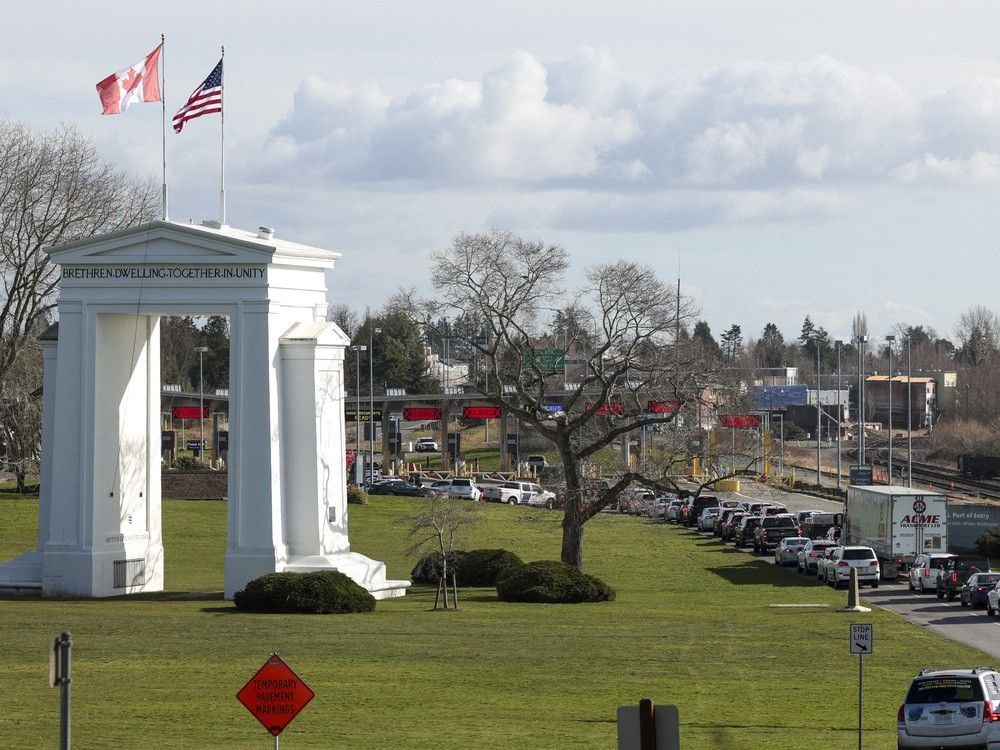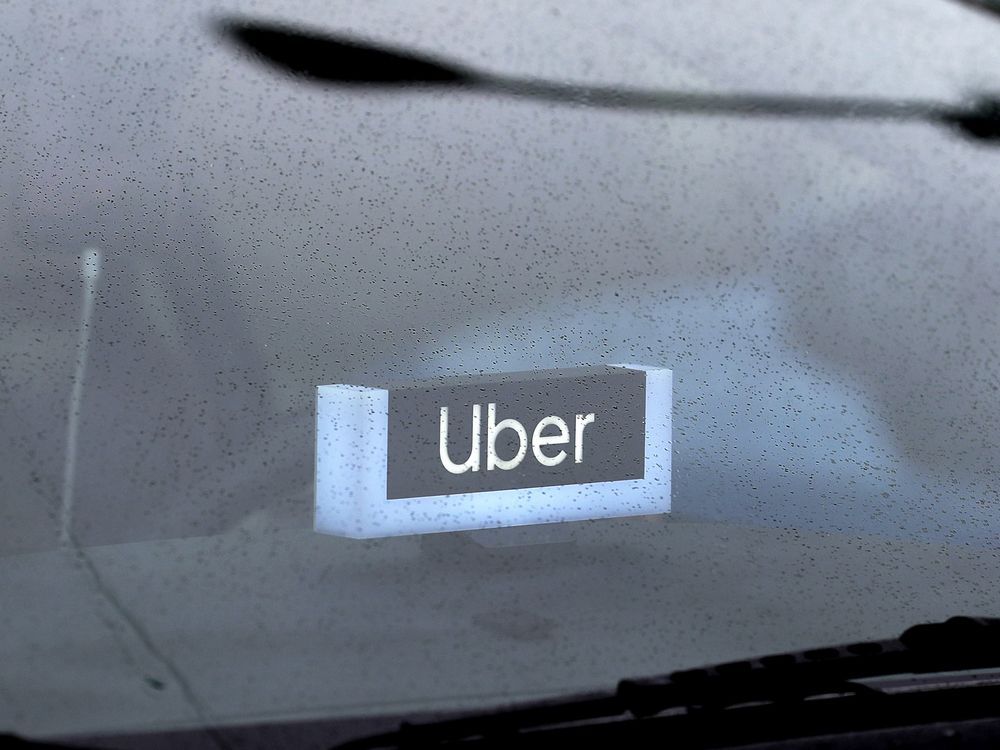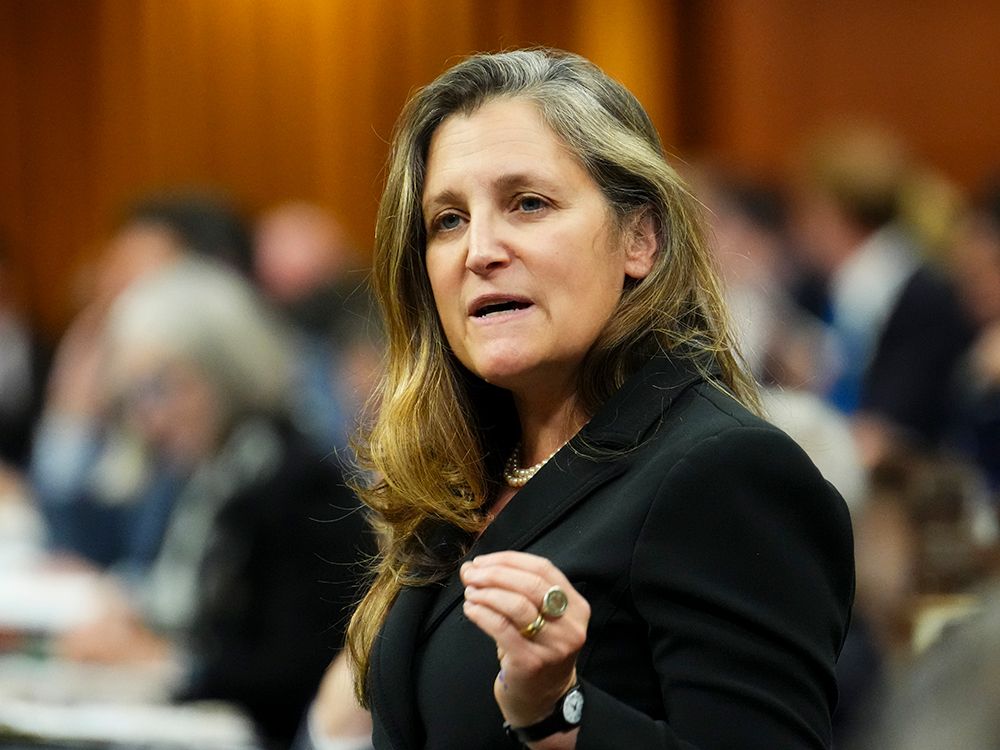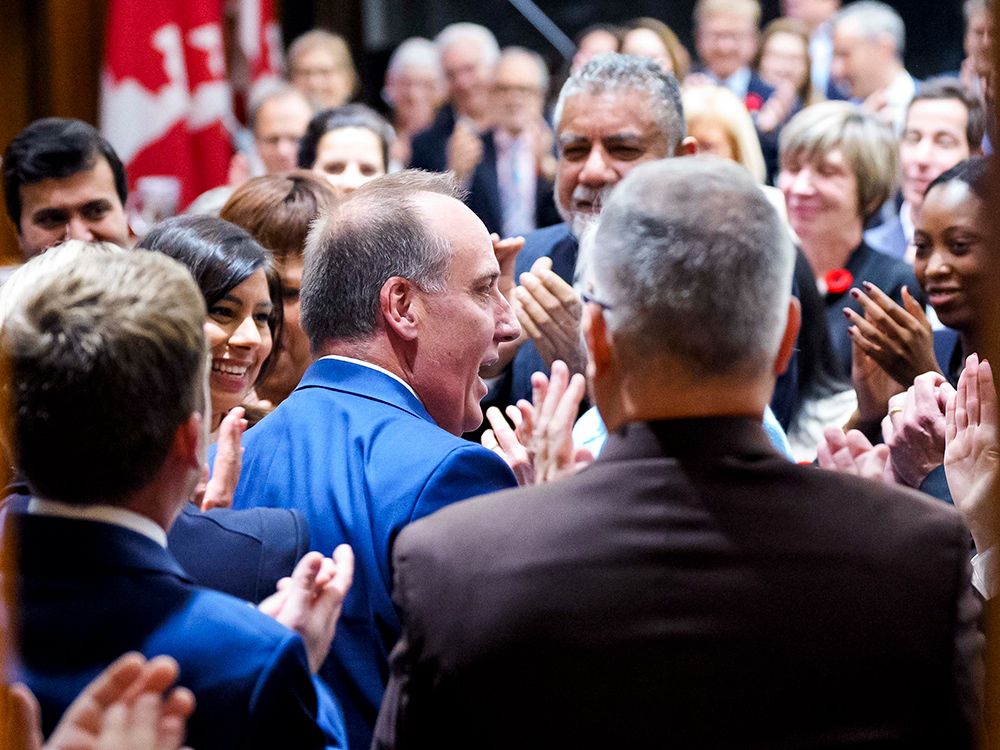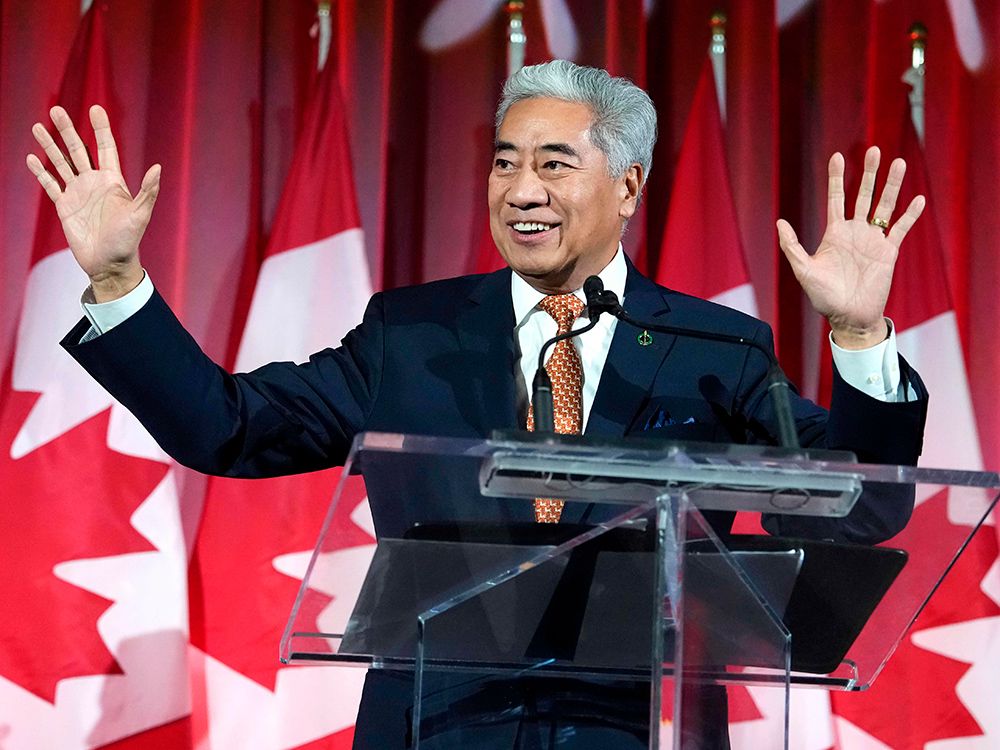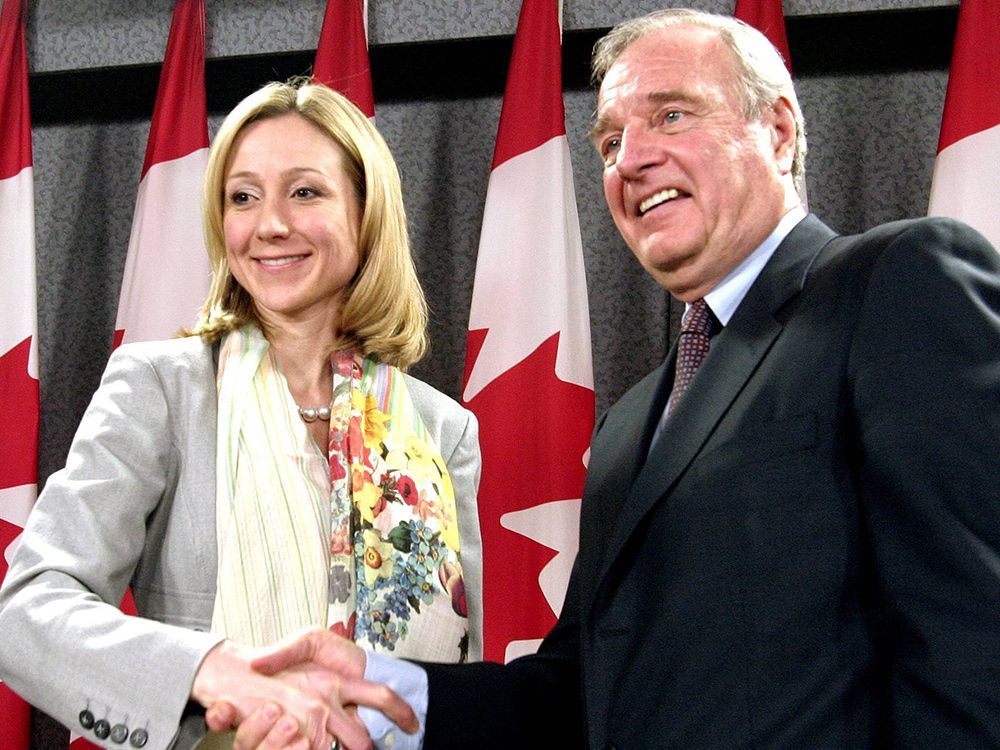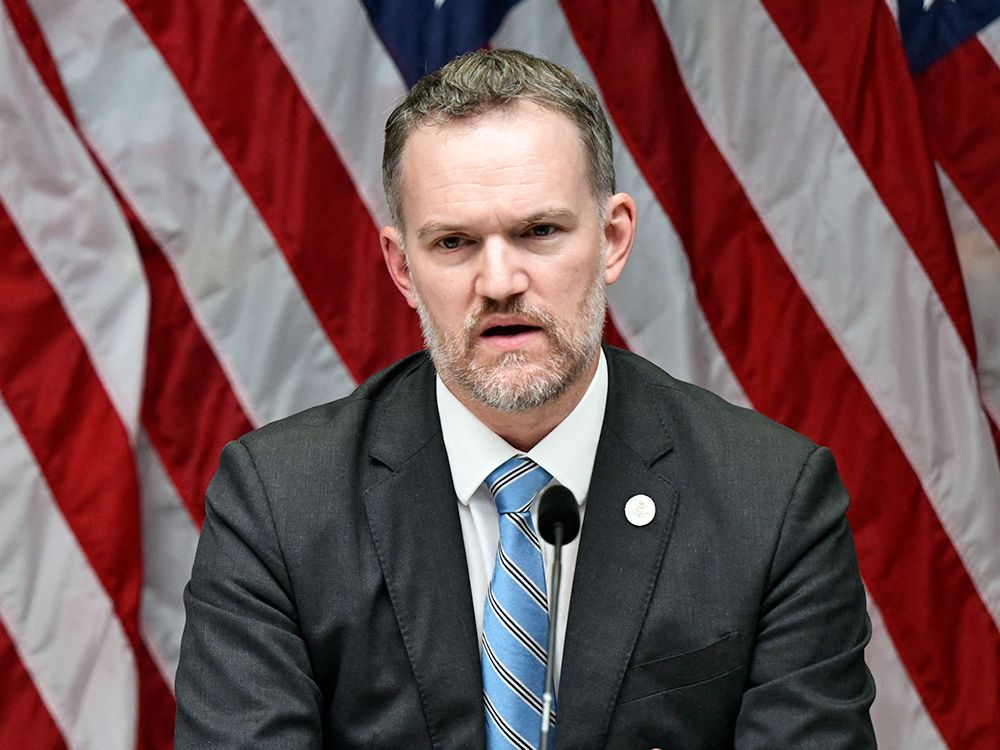
WASHINGTON, D.C. — In 2020, then U.S. Trade Representative Robert Lighthizer
described the Canada-U.S.-Mexico free-trade agreement (CUSMA)
as the “new gold standard against which all future trade agreements will be judged,” after the deal he helped put together was passed in the Senate. Six years later, in 2026, CUSMA will be facing scrutiny on its real-world results as the three countries begin renegotiating its terms.
Today, the agreement facilitates roughly US$2 trillion in trade of goods and services across North America annually, and it protects the vast majority (85 per cent plus) of Canadian-U.S. trade from President Donald Trump’s tariffs.
Yet, Trump, whose first administration oversaw the creation of CUSMA, has toyed publicly with the idea of withdrawing from it, saying he will “either let it expire or we’ll maybe work out another deal with Mexico and Canada.” The administration has talked about possibly reaching separate bilateral deals with the two countries.
Most trade experts believe CUSMA will probably survive this year’s talks, but there are doubts.
“I expect it to live on,” said Scott Lincicome, vice president at the Cato Institute’s Herbert A. Stiefel Center for Trade Policy Studies in Washington, D.C. “But I wouldn’t be shocked if it imploded.”
Current U.S. Trade Representative (USTR) Jamieson Greer told Congress last month, following a public consultation period and public hearings on CUSMA with stakeholders, what he thought the review should accomplish.
While Washington would like to see movement on everything from sales of U.S. alcohol to defence procurement when it comes to Canada, Greer highlighted three main issues: Canada’s restricted supply management scheme in dairy, the Online News Act that requires tech giants to pay news organizations for aggregating their content, and the Online Streaming Act, which requires U.S. entertainment companies to promote Canadian programming.
So what is Washington likely to demand, and how far is Ottawa willing to budge?
Milking it
Canada’s supply-management system for dairy controls production and prices and restricts imports to benefit domestic farmers. This means less access for U.S. dairy producers and higher prices for Canadian consumers. The Trump administration wants Canada’s dairy sector opened up to allow more access for U.S. farmers and an end to high tariffs and import quotas.
A
poll in March by the Angus Reid Institute
showed that nearly a third (29 per cent) of Canadians wanted to scrap supply management and another 26 per cent wanted to reduce or suspend it to ease inflationary pressures, while 23 per cent preferred to keep it. The rest were unsure.
But the issue is politically polarizing. Thirty-eight per cent of Bloc Québécois voters, for example, said Canada should keep supply management, while Conservative voters were more skeptical, with only 15 per cent wanting to retain the system.
Critics say the politics of supply management is hostage to
a few powerful electoral ridings, particularly in Quebec
. But Fen Hampson, a politics professor at Carleton University, said, “It’s not just Quebec; it’s also Southwestern Ontario. Whether you’re Liberal or Conservative, given the way our political system is structured, you need these rural ridings if you’re going to form a government.”
“That’s one of the reasons why you see all parties support Canadian farmers,” he added, pointing to historic trends. In June, all parties supported the passage of the Bloc’s Bill C-202 that declares that supply management cannot be negotiated in free-trade talks.
He also pointed out that Washington is not telling Ottawa to get rid of supply management, but that it wants the Tariff Rate Quota (TRQ) system, which favours Canadian processors, to be reformed. Canada has allocated much of the TRQ to Canadian importers, who are free to not use it, rather than giving it to American exporters, which
U.S. politicians have said violates the spirit of the tariff-free quotas
.
“There’s no question that we’ve been gaming the system,” Hampson added.
Changing the TRQ system wouldn’t mean changing Bill C-202, he explained. An administrative fix could suffice by granting genuine access to the U.S. under the margins negotiated in 2020 that give U.S. exporters tariff-free access for 3.6 per cent of Canada’s $15-billion dairy market. That’s within the federal government’s power to adjust, Hampson said, and while there will be some squawking from Quebec’s farmers, the changes can be phased in over time to mitigate their concerns.
Lincicome also said Canada is “deservedly vulnerable” on this issue because the out-of-quota tariffs are “very, very high” — taxes on imports beyond the quota range from 200 to over 300 per cent — and are “pretty obviously discriminatory.”
He, like Hampson, said Canada could allow larger in‑quota allocations, rather than dismantling the system.
Christopher Sands, director of the Hopkins Center for Canadian Studies in Washington, said dairy is seen as one of the toughest CUSMA issues to be debated, but that there is no time like the present for reform.
“If I were Ottawa,” Sands said, “I would take this as the opportunity to reform the sector … and move towards a more subsidy-oriented system.”
While it won’t be politically popular, he noted that “if Canada’s ever going to change the system, having the pressure of the Trump administration driving that change might lead to a way of making a reform that would be a reasonable compromise that would be beneficial to Canadians.”
It would also lead to less waste and lower prices, he noted.
Not all Washington voices agree that this is a make‑or‑break issue; some see Trump’s dairy demand as a red herring.
“I think that there’s misplaced importance of this on the American side,” said Andrew Hale, senior policy fellow at the Washington-based Heritage Foundation.
Hale noted that CUSMA‑specific U.S. quotas have not been fully used, so the over‑quota protection has not actually constrained U.S. exports. Besides, he said, “more dairy is produced in the state of Wisconsin than there is in all of Canada,” suggesting the issue is overstated.
“Are we really gonna upend (CUSMA) over milk and cheese?” he said.
Digital taxation
For Hale, the bigger risks to CUSMA are Canada’s digital and media regulations, which he fears could be weaponized by the White House.
To that end, both
the Online News Act (Bill C-18)
and the
Online Streaming Act (Bill C-11)
are in Trump’s crosshairs.
The first aims to force major online platforms to pay Canadian publishers for linking or sharing their content in a bid to support domestic journalism. Google has forged an agreement with the government to pay up, but Meta has instead opted out and blocked news content.
C-11 also imposes requirements on digital platforms, requiring them to help fund Canadian content promotion by paying five per cent of their Canadian revenue into a fund, and forcing them to promote Canadian productions.
Together, these laws mark Ottawa’s attempt to preserve a distinctly cultural news system.
Hale is sympathetic to Ottawa’s efforts, noting that “most Canadians live within 100 miles of the U.S. border” and can easily be “very Americanized” by U.S. media.
Measures that block U.S. news or content, however, are seen as censorship by the White House, which is notably fighting similar efforts in the EU and Britain.
“I would think that the Canadians might want to pull back on this,” said Hale, “given the reaction the U.S. has had to similar policies and laws coming out of the European Union and the United Kingdom.”
Sands also understands Canada’s point of view and noted that many countries are trying to figure out how to regulate the media in the AI age. But when the Justin Trudeau government
split from the Organisation for Economic Cooperation and Development’s (OECD) consensus
approach to deal with taxing internet transactions and large tech firms, he said, “it muddied the waters.”
“It led Canada to be kind of out on its own and therefore vulnerable,” Sands added.
To address the USTR’s concerns, Sands said Canada could pause or slow implementation of the rules, to get them “off the USMCA table,” or propose an approach that more aligns with American preferences.
Hampson sees both digital acts as discriminatory, but instead of repealing them or offering exemptions, he said Canada should offer tax credits or crediting investments in Canadian productions instead.
He also thinks Ottawa should work more closely with its allies to align its policies.
“If you take them on independently, you’re going to get clobbered, and you’re going to be subject to exactly the kind of pressure that we’re seeing right now,” Hampson said.
“We’ve got to change our game. This is a classic collective-action problem, and if we join forces with the Europeans and do it together, it’s much harder for Trump to play the divide-and-conquer game with us.”
The price of survival
All these policies are similar in their protectionism, according to Nathaniel Baum-Snow, an economics professor at the University of Toronto.
“There are some parallels (in digital policies) with supply management and dairy … These acts are making it more costly and more difficult for Canadian consumers to access mostly American digital content,” he said, noting that most consumers would probably appreciate being able to access the products and services for less.
But Lincicome notes the irony in the Trump administration targeting Canadian protectionist policies and claiming to be hard done by them, while maintaining a level of U.S. protectionism the world hasn’t seen in decades.
“They like to find things they don’t like, and then blow those things completely out of proportion … and then, in typical Trumpian fashion, kind of accept a ‘compromise’ that is still somewhat of a win for them, while at the same time maintaining massive new U.S. protectionism,” said Lincicome.
Even with the big CUSMA exemption to the U.S. tariff regime, he noted, “the fact is that tariffs on Canadian imports are higher than they’ve been in 30-plus years.”
“The U.S. will attempt to deflect from that by pointing out things like supply management and intellectual property … while trying to defend its radically protectionist tariff regime.”
This hypocritical approach is why the Cato Institute vice president is concerned about next summer’s renegotiation. While the other trade analysts tend to believe that compromises will be made with CUSMA left largely remaining intact, Lincicome said there will be a high cost.
“The president loves tariffs and (his administration is) adamant about keeping them, so the best thing Canada can do is try to pick up some wins here and there and just live to fight another day,” said Lincicome.
“To the extent the Canadian government wants (CUSMA) to live on, (Prime Minister Mark) Carney is going to have to be willing to accept some pretty poisonous terms,” he said.
But after last summer,
when Carney abruptly dumped Canada’s plan for a Digital Services Tax
, seemingly on Trump’s demand, and got nothing in return, Hampson cautioned: “Don’t give concessions until you have to.”
Trade analysts still think a positive outcome from the CUSMA renegotiation is more likely than its demise, even if tough compromises are involved. And while the concessions could be ones Ottawa would have found intolerable a decade ago, Lincicome noted they will likely still be “better than what anybody else in the world is getting” from Trump.
National Post
tmoran@postmedia.com
Our website is the place for the latest breaking news, exclusive scoops, longreads and provocative commentary. Please bookmark nationalpost.com and sign up for our newsletters here.





